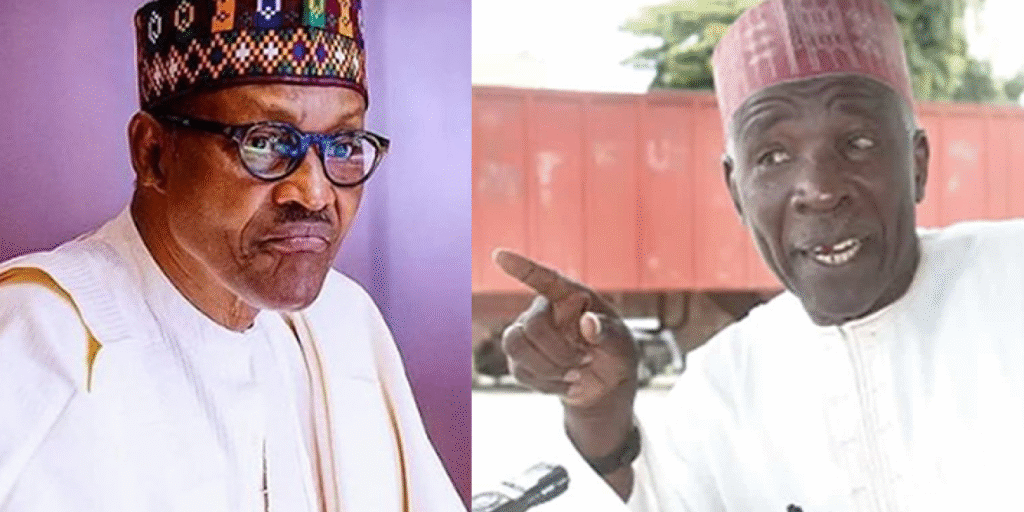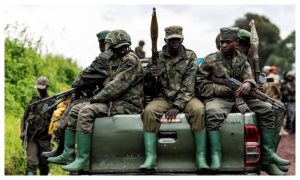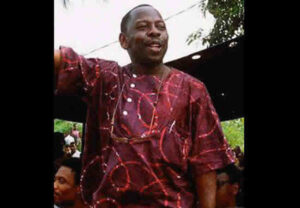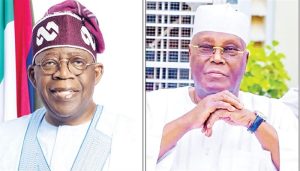
Buba Galadima, a prominent chieftain of the New Nigerian Peoples Party (NNPP), has disclosed that the late President Muhammadu Buhari’s entry into politics was never a personal ambition but a calculated response to the threat posed by the Oodua Peoples Congress (OPC) against Fulani interests in Ilorin.
Speaking on Arise Television’s Morning Show on Tuesday, Galadima revealed that a group of northern leaders felt compelled to act when the OPC launched aggressive operations in the early years of Nigeria’s Fourth Republic.
“Some of us who recruited him into politics had a mission — and I will reveal that mission today,” Galadima declared.
According to him, Buhari had no interest in politics and harboured disdain for politicians, whom he regarded as insincere. However, the OPC’s activities in 2000, particularly their plan to deploy over 500 vehicles to invade Ilorin with the intention of dismantling Fulani structures, triggered urgent concerns.
“We felt it was too much, and President Obasanjo was doing nothing. Bola Tinubu, then Governor of Lagos, was doing nothing. We believed some leaders in authority were even encouraging them,” Galadima said.
In response, Galadima convened a strategy meeting in Kaduna at the residence of Alhaji Bashir Dalhatu, opposite General Ibrahim Babangida’s house. The meeting, attended by around 34 northern leaders — including Alhaji Wada Nas, Professor Yadudu, Bashir Dalhatu, and Alhaji Yahaya Suleiman — deliberated on how to counter the OPC threat.
“I suggested we had only two options: the barrel of the gun or the ballot box. They said it was impossible to challenge Obasanjo, but that was when Buhari came to mind. Although he had harsh words for politicians, we eventually persuaded him,” Galadima recounted.
The political gambit paid off. With Buhari’s high-profile entry into partisan politics — marked by a grand event in Daura — the Obasanjo administration grew uneasy and took decisive steps to curb the OPC’s activities.
“Our first mission — to put a stop to the OPC menace — was achieved. The rest is history,” Galadima concluded.







